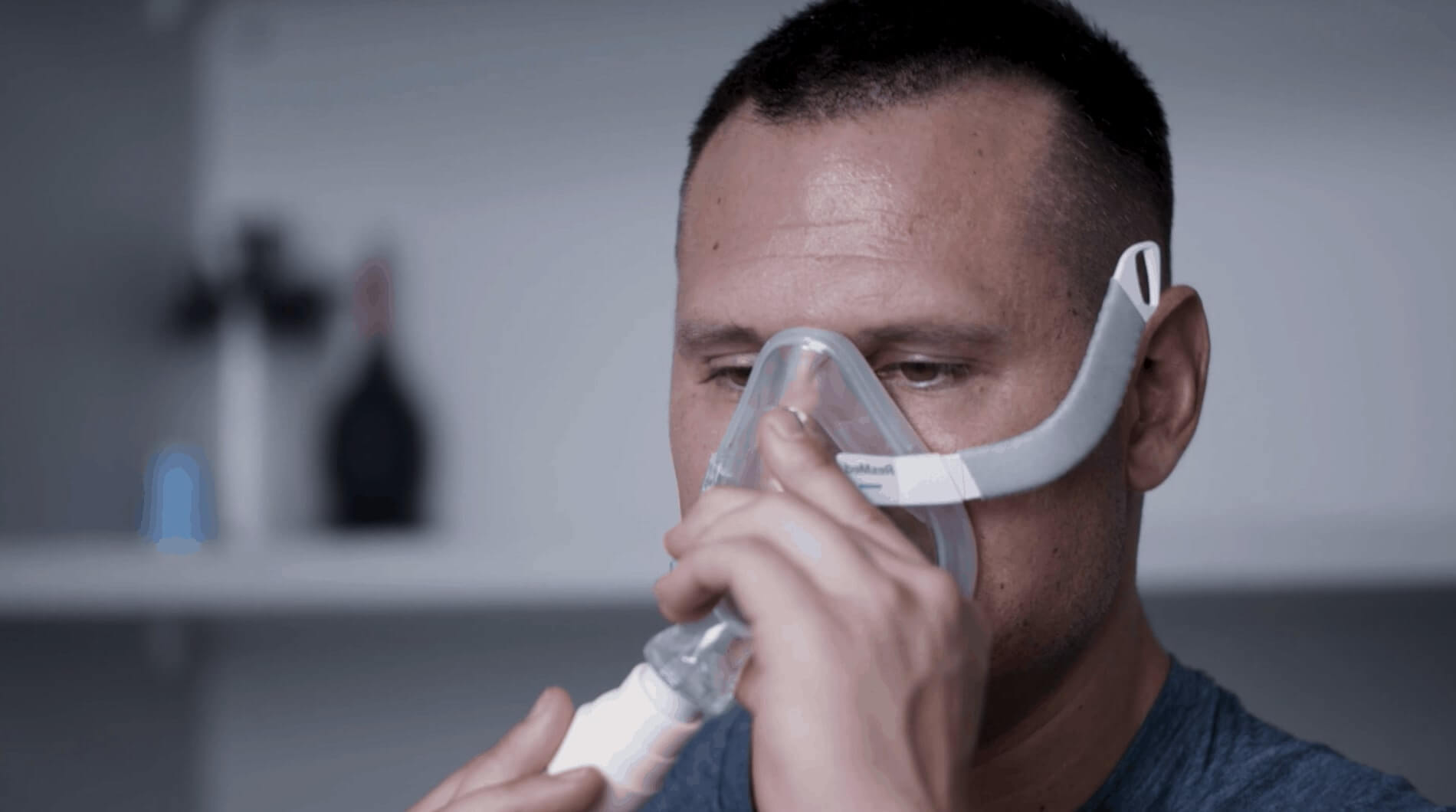Xenon Antibacterial Effect
Xenon perserves neutrophil and monocyte function in human blood

De Rossi L, Gott K, Horn N, Hecker K, Hutschenreuter G, Rossaint R. Xenon Antibacterial Effect
Purpose: Most volatile anesthetics are known to inhibit the oxidative and phagocytic function of neutrophils. In the present study investigating Xenon’s Antibacterial Effect, we investigated the effect of xenon on phagocytosis and respiratory burst activity of neutrophils and monocytes in human whole blood.
Methods: Heparinized whole blood from 22 healthy volunteers was incubated for 60 min in the presence of 65{e43154ce913794517af217fcab284b44cfe906ba9a1c4ba2ecde5a9be0395ec5} xenon. Sixty-five percent nitrous oxide was used as a positive control to prove the reliability of our in vitro system. Phagocytosis of fluorescein isothiocyanate labelled, opsonized Escherichia coli (E. coli) by neutrophils and monocytes was measured using flow cytometry. After induction with either N-formyl-methionyl-leucyl-phenylalanine (FMLP), phorbol-12-myristate-13-acetate or opsonized E. coli, respiratory burst activity was assessed by measuring the oxidation of dihydrorhodamine 123 to rhodamine 123 with a flow cytometer.
Results: Exposure of human whole blood to xenon increased the percentage of neutrophils showing phagocytosis (94 +/- 3{e43154ce913794517af217fcab284b44cfe906ba9a1c4ba2ecde5a9be0395ec5} vs 92 +/- 4{e43154ce913794517af217fcab284b44cfe906ba9a1c4ba2ecde5a9be0395ec5}; P < 0.01), and the number of ingested bacteria (P < 0.01). Respiratory burst activity in neutrophils and monocytes was not affected by xenon. Nitrous oxide significantly reduced the percentage of neutrophils showing respiratory burst after FMLP stimulation. Furthermore, E. coli-induced stimulation resulted in a decreased number of reacting neutrophils (84 +/- 15{e43154ce913794517af217fcab284b44cfe906ba9a1c4ba2ecde5a9be0395ec5} vs 95 +/- 5{e43154ce913794517af217fcab284b44cfe906ba9a1c4ba2ecde5a9be0395ec5}; P < 0.05) and monocytes (70 +/- 22{e43154ce913794517af217fcab284b44cfe906ba9a1c4ba2ecde5a9be0395ec5} vs 83 +/- 11{e43154ce913794517af217fcab284b44cfe906ba9a1c4ba2ecde5a9be0395ec5}; P < 0.05) as well as a reduced production of hydrogen peroxide in both cell lines compared to control.
Conclusion in regards to Xenon Antibacterial Effect: In contrast to nitrous oxide, xenon preserves neutrophil and monocyte antibacterial capacity in vitro. For more information, talk to our Consultants at The Ozone Clinic.
Source
- -Xenon preserves neutrophil and monocyte function in human whole blood. Can J Anaesth. 2002 Nov;49(9):942-5.
- https://www.google.com.au/url?sa=t&rct=j&q=&esrc=s&source=web&cd=9&cad=rja&uact=8&ved=2ahUKEwif4MK9yP7jAhWNT30KHb01DHcQFjAIegQIAhAB&url=https{e43154ce913794517af217fcab284b44cfe906ba9a1c4ba2ecde5a9be0395ec5}3A{e43154ce913794517af217fcab284b44cfe906ba9a1c4ba2ecde5a9be0395ec5}2F{e43154ce913794517af217fcab284b44cfe906ba9a1c4ba2ecde5a9be0395ec5}2Fwww.ncbi.nlm.nih.gov{e43154ce913794517af217fcab284b44cfe906ba9a1c4ba2ecde5a9be0395ec5}2Fpubmed{e43154ce913794517af217fcab284b44cfe906ba9a1c4ba2ecde5a9be0395ec5}2F12419721&usg=AOvVaw0ZQ_srrDqF10Hu7cZaCRnO
- Department of Anesthesiology, and The Institute Of Transfusion Medicine, University Hospital, Rheinisch-Westfälische Technische Hochschule Aachen, Aachen, Germany. L.derossi@gmx.d




